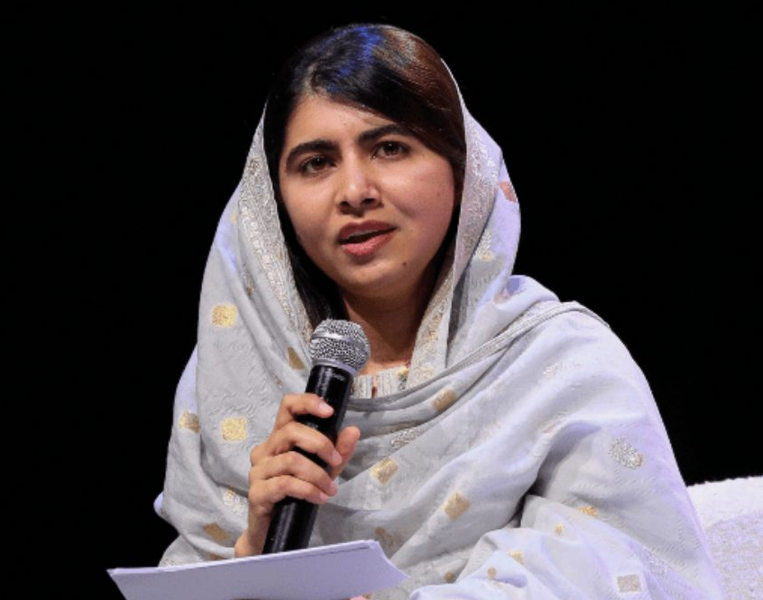
Malala Yousafzai
LOCATION
Birmingham, United Kingdom
AGE
27
SCHOOL
University of Oxford
ABOUT
Malala Yousafzai is a Pakistani activist and Nobel Peace Prize laureate dedicated to advocating for girls' education and women's rights. Born in Mingora, Pakistan, she gained international recognition after surviving an assassination attempt by the Taliban in 2012 for her outspoken advocacy. In 2014, at the age of 17, Malala became the youngest-ever recipient of the Nobel Peace Prize. She is the co-founder of the Malala Fund, an organization committed to ensuring 12 years of free, safe, and quality education for every girl. Beyond her activism, Malala has ventured into film production, aiming to highlight stories of marginalized women through powerful storytelling.
BEFORE RICHES
Malala Yousafzai began her activism in Pakistan's Swat Valley, where the Taliban had imposed restrictions on girls' education. At the age of 11, she started writing a blog under a pseudonym for the BBC Urdu, detailing her life under Taliban rule and her desire to continue her education. Her father, Ziauddin Yousafzai, an educator and activist, played a significant role in encouraging her to speak out for girls' educational rights. Malala's early efforts laid the foundation for her future advocacy on a global scale.
HOW SHE MADE 1st MILLION
Malala's unwavering commitment to education led her to publicly oppose the Taliban's oppressive policies, making her a target for their violence. In October 2012, she survived a gunshot wound to the head by a Taliban gunman while traveling home from school. Following her recovery, Malala's story garnered international attention, amplifying her message and mission. In 2013, she co-founded the Malala Fund with her father to champion every girl's right to 12 years of free, safe, and quality education. Her efforts have since influenced policy changes and increased funding for educational initiatives worldwide.
Millionaires List
© 2025 Millionaires list - use subject to the practices disclosed in our privacy policy.